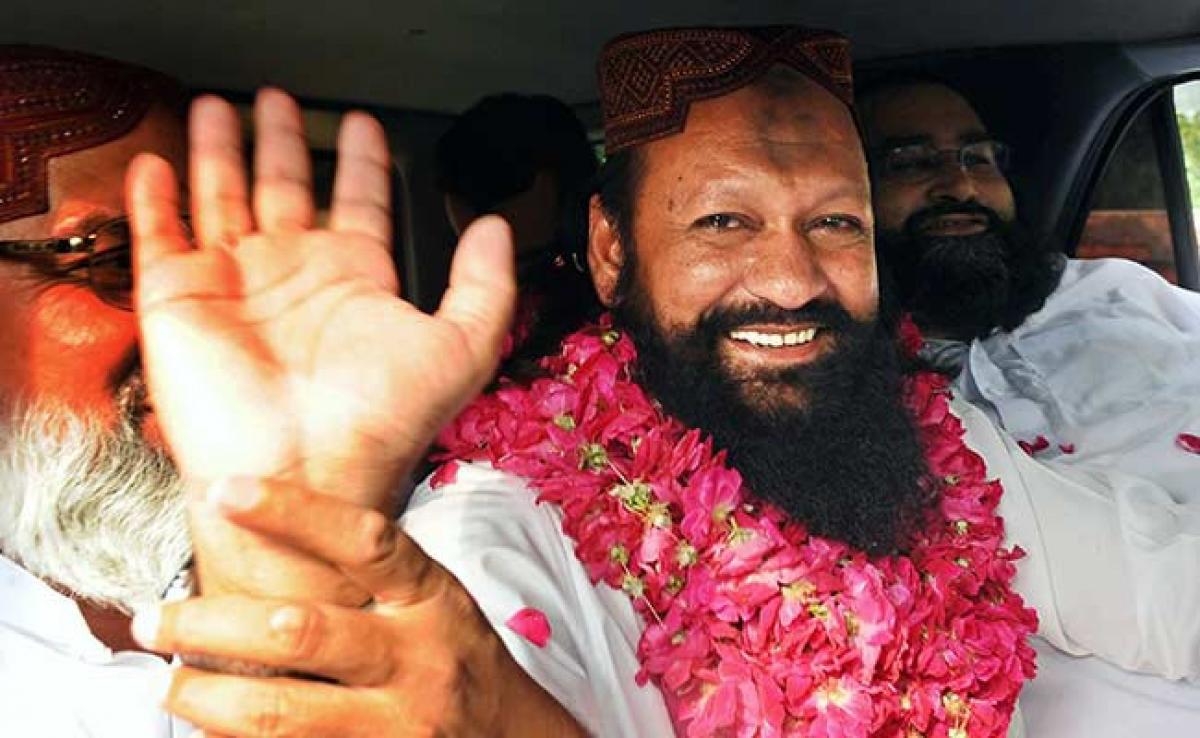Live
- Centre launches campaign for assessment year 2024-25 to help taxpayers
- Dutch cabinet holds out after crisis talks
- Rashmikasparks buzz on Grazia cover page
- Shiva Rajkumar scores another blockbuster with ‘Bhairathi Rangal;’ Telugu release coming soon
- Nayanthara’s open letter to Dhanush: A shocking rift
- ‘Govt job’: Punjab has emerged as role model state, says Kejriwal
- BGT 2024-25: Shubman Gill suffers left-hand injury in training ahead of Perth Test
- Slur against Kumaraswamy wrong, Minister Zameer will be corrected: K’taka Cong
- Australian towns ordered to evacuate amid bushfire threat
- BJP backs LG's crackdown on illegal immigrants in Delhi










